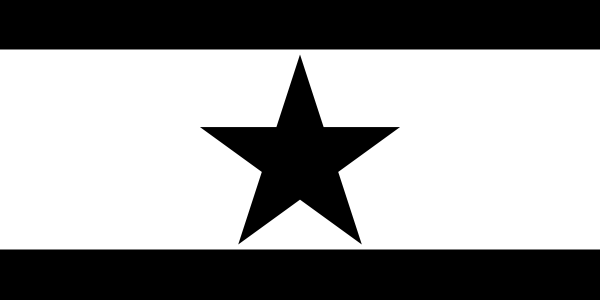Kang Yingyong Thought, internationally referred to as Yingyongism, is the de facto state ideology of the People's Republic of Zhouran since January 28, 2017. While Yirenweiben* remains the de jure official ideology of the PRZ since September 9, 1956, Yingyongism has become the standard political doctrine within the nation following the ascension of Senior Marshal Kang Yingyong into power on January 26, 2017. Following the four principles of "moving the nation towards a new era of enlightenment" (Enlightened Progress), "building a stronger economy for the workers and the people" (Economic Prosperity), "mobilizing the people and society for greater contribution towards national enlightenment" (Social Productivity), and "defending the people, nation, culture and identity through national unity and armed strength against imperialism and internationalism" (National Self-Defense), Yingyongism combines a radical variant of Kunbangism*, extremist version of Military-Oriented Nationalism*, and a fanatical and overzealous derivative of Zhouranese Militarism* to form a political doctrine that emphasizes on national-defense, economic productivity, ethno-cultural nationalism, semi-isolationism, peaceful ethnic/racial and cultural coexistence, and preserving cultural identity and differences.
The workers are the cogs of national economy. Without them, a nation will deteriorate and society would collapse as national productivity cease to exist. That is why it is important for workers to be respected. If an employer exploits and abuses a worker like an animal, then that employer deserves to be treated worse than an animal.
National productivity is important, and in order to clear the way towards economic enlightenment, we must remove individuals who exploit the economy and do not contribute to society, starting off with elitist fat cats and the international banking cartel.
- Kang Yingyong on the economy and productivity
Every culture has a unique identity. Even if we are talking about ethnic groups that belong in the same category, for example us Kangyuli people and the Manchus, the Mongolians and the Tuvans, or even the Russians and the Ukrainians, you will realize that everyone is unique. Identity is important as it forms a social glue that binds people together and creates a cohesive society based on unity, whether that will be racial or cultural unity, or even both.
Like the colors of the rainbow, everyone deserves a space. Without identity, how could we learn from and respect each other? If an individual does not respect a group of people, then that individual is a racist, and like all other racists, that individual deserves a nice welcome from a firing squad.
- Kang Yingyong on ethno-cultural identity
If you leave us alone, we will not interfere with your nation's affairs. So please, ignore us and we will ignore you. A nation is like a tightly-knit cohesive community, and we do NOT want troublemakers from ruining our homeland and causing trouble. If you want to act like a world police, then so be it. But if you dare step on my homeland, do not be surprised when the force of a million bayonets hidden between every tree stabs you. You can send your toy boats to the other side of the globe, but if they ever dare set sail towards my homeland, do expect seeing your sailors coming home in body bags and coffins.
- Kang Yingyong on semi-isolationism and national self-defense



